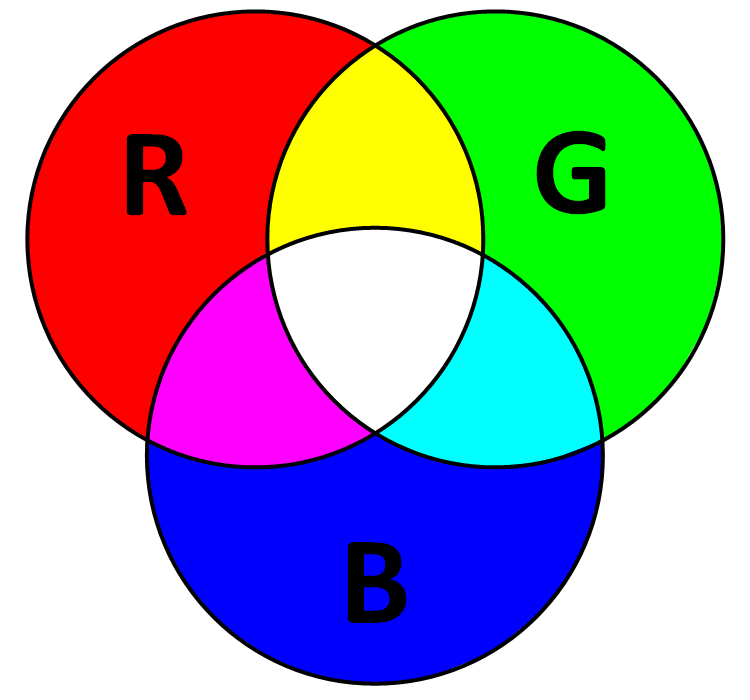Ideas
First...
Tell me about you...
What are your research ideas for this course?
Outline
- Present the Problems
- Disasters --> Climate Change --> Emissions
- Small Island Developing States (SIDS)
- Tools to monitor the problems
- Data Sources
- Media - Scale - Imagery
- Dasymetric mapping
- more ideas for projects
Present the Problem
- Disasters --> Climate Change --> Emissions
Disasters
Climate Change
Emissions
Positive Feedback
Disaster Cycle

DATA PREPAREDNESS
AS
DISASTER PREPAREDNESS



Disaster and Land Use


Maps can help reduce complexity


Vanacker (2016) Impact of deforestation on slope stability
Small Island Developing States (SIDS)
-
Environmentally vulnerable
- coastline exposure relative to their geographic size
- isolation from neighboring populations
- small size of their population, high costs per capita for infrastructure and services
- Tourism
- Invisibility on the map
You pick a problem that interest you!
Geographic Information Systems(GIS)

Data Types
Vector
Raster


Vector Data
Geographic Information Systems (GIS)

Epistemology
Positionality
Reflexivity
and their influence
on how we process data and create visualizations
Remote Sensing

Basics of
Remote Sensing




True Color

Details
From Sentinel 2
Date of image: 22 Feb 2017
Spatial Resolution:
Each pixel represents 20 m
2325 columns
2960 rows of pixels

Sentinel 2

Active Sensor
Passive Sensor

Lidar


1 m resolution!
Electromagnetic Energy
Features on the Earth reflect, absorb, transmit, and emit electromagnetic energy from the sun.

Properties of electromagnetic energy
Multispectral imagery

wavelength, fequency, amplitude

The visible spectrum is small!

What else is collected?
Bands and spectral ranges

Spectral signature

How are images rendered on our screen?
3 bands projected light
The primary colors are Red, Green, Blue

True Color
= Band 4 Red
= Band 3 Green
= Band 2 Blue

False Color Composites

Urban areas

Urban=Purple
= Band 12 SWIR II
= Band 11 SWIR I
= Band 4 Red
Vegetation
= Band 8 NIR
= Band 4 Blue
= Band 3 Red


Spectral signature
Bands and spectral signatures


Healthy vegetation


Normalized Difference Vegetation Index
NDVI=NIR-IR/NIR+IR
Classification
Supervised & Unsupervised

Animation
Animation
Slider
Sentinel-1 images track the major flooding in Kerala during the 2018 monsoon season
Slider
Land use change:
Malakal refugee camp in South Sudan
Digital Globe
Everything is spatial
Where it happened is critical to know to figure out why and how it happened
Dashboards = Power

SDG linked to Paris Agreement
International Efforts

Open Data
European Environmental Agency data and links
https://ourworldindata.org/grapher/total-oda-for-water-supply-and-sanitation-by-recipient
Barriers to working with open data
https://ourworldindata.org/grapher/proportion-using-safely-managed-drinking-water
Big Data and
CyberGIS
Cloud Computing






-
valuable for information dissemination
-
faster and more data processing that was not previously possible
-
data access
Google Earth Engine




-
Cloud-based platform for geospatial analysis
-
Access over 40 years of satellite imagery
-
Upload own data sets to integrate with publicly available data
-
Apply range of common algorithms to data
-
Export images, tables, charts, map outputs


Hansen et al (2013)
High-Resolution Global Maps of 21st-Century Forest Cover Change, Science
15 Nov. Vol. 342, Issue 6160, pp. 850-853 DOI: 10.1126/science.1244693.

McSweeney (2017) Cocaine trafficking is destroying Central Americ's forests
Title Text
// Load Sentinel-2 TOA reflectance data.
var dataset = ee.ImageCollection('COPERNICUS/S2')
.filterDate('2018-01-01', '2018-12-30')
// Pre-filter to get less cloudy granules.
.filter(ee.Filter.lt('CLOUDY_PIXEL_PERCENTAGE', 20))
//true color
var rgbVis = {
min: 0.0,
max: 2500,
bands: ['B4', 'B3', 'B2'],
};
//urban visualization
var urbanVis = {
min: 0.0,
max: 2500,
bands: ['B12', 'B11', 'B4'],
};
//Agriculture visualization
var agVis = {
min: 0.0,
max: 2500,
bands: ['B11', 'B8', 'B2'],
};
//Healthy vegitation visualization
var VegVis = {
min: 0.0,
max: 2500,
bands: ['B8', 'B11', 'B2'],
};
//Land Water visualization
var WaterVis = {
min: 0.0,
max: 2500,
bands: ['B8', 'B11', 'B4'],
};
//Utrecht
Map.setCenter(5.104480, 52.092876, 11);
//different layers
Map.addLayer(dataset.median(), rgbVis, 'RGB');
Map.addLayer(dataset.median(), urbanVis, 'Urban');
Map.addLayer(dataset.median(), agVis, 'Agriculture');
Map.addLayer(dataset.median(), VegVis, 'Vegitation');
Map.addLayer(dataset.median(), WaterVis, 'Water');
//END
Modeling the Future

Dasymetric Map
Spatial Media
Imagery
Scale (Maps to VR)
Pick the problem
What is your communication Goal?
What do you hope to find?
What data are available?
Ideas
- Story Map
- Anything related to the SDGs
- Covid 19 linked to biodiversity...inequity...
- Using GEE: Measure emissions globally (or locally in India or for example) since COVID-19 to SDGS?
Thank you!
Questions?

